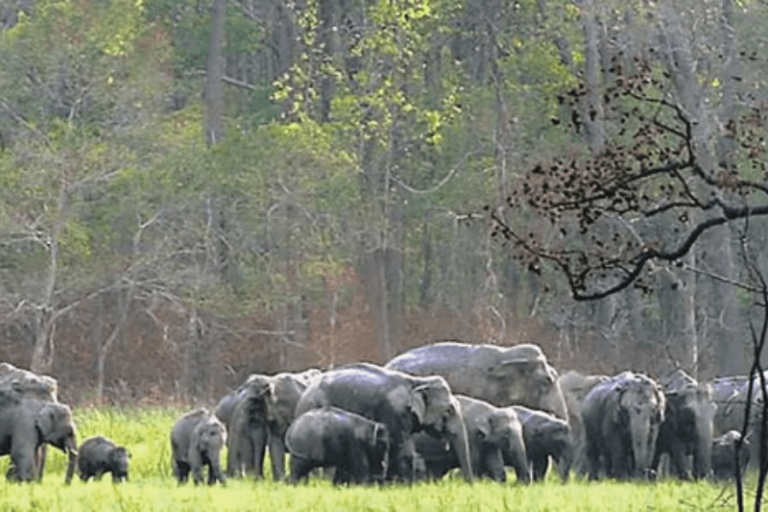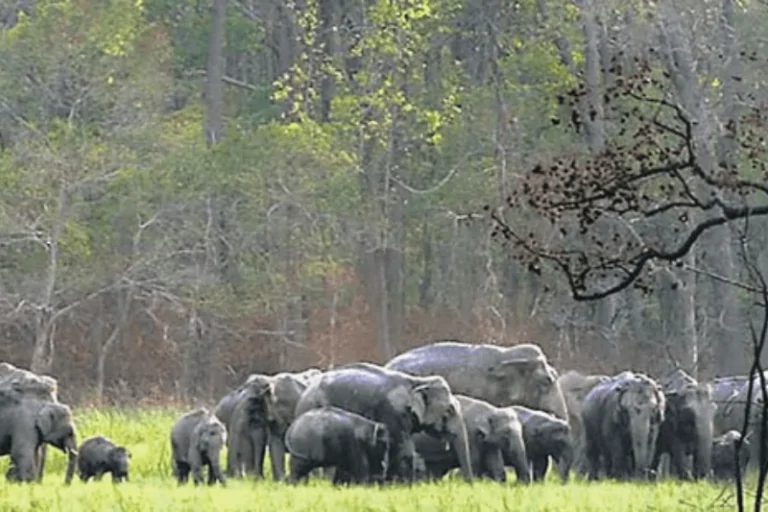

image 800x533 (26)
Some regions of southern Africa are slaughtering elephants and other wildlife to feed their starving populations, at a time when the drought in these countries is the worst for more than a century.
The decision comes after countries decided to slaughter elephants and other wildlife to cope with food insecurity caused by the current drought.
Namibia is culling more than 700 elephants, hippos, zebras and other animals from various national parks to provide for starving people in drought-stricken regions, according to a Wall Street Journal report, the country’s Ministry of Environment, Forestry and Tourism said.
Both Zimbabwe and Namibia are among a number of southern African countries experiencing severe drought attributed to El Niño, a natural climatic phenomenon that has led to minimal rainfall in the region since the beginning of the year. The countries are also increasingly exposed to droughts exacerbated by climate change. At least 31 people have died in Zimbabwe this year as a result of human-wildlife conflicts, according to CNN, citing local media.
Zimbabwe announced last month that it would authorise the slaughter of 200 elephants in order to distribute their meat to communities in need. The government of Namibia has approved the slaughter of 723 animals, including 83 elephants, 30 hippos, 60 buffalo, 50 impalas, 300 zebras and 100 elands, the Associated Press reported.
The Zimbabwean environment minister, Sithembiso Nyoni, informed parliament last week that she had approved the culling programme.
According to Mr Farawo, the elephants will come from areas where the population is no longer viable. The hunting will take place in areas such as Hwange National Park, in the arid west of the country, where competition for food and water between humans and wildlife has intensified as rising temperatures make resources scarcer.
Starting April 2, South African drivers will get lower costs when filling their tanks as fuel prices decrease for all…
The U.S.-based driver training company Zutobi analyzed road safety worldwide and found South Africa stays last in driving danger since…
The Basketball Africa League (BAL) returns for its 2025 season with exciting changes and developments. Since 2019 the NBA-linked basketball…
The Somali president supports their military forces to eliminate the threats from Al-Shabaab, ISIS, and Al-Qaeda. The Somali National Army…
UAE President Sheikh Mohamed bin Zayed Al Nahyan held talks with President Faustin Archange Touadéra of the Central African Republic…
African football teams struggle intensely in the World Cup Qualification rounds to earn their place on the international football stage.…
This website uses cookies.